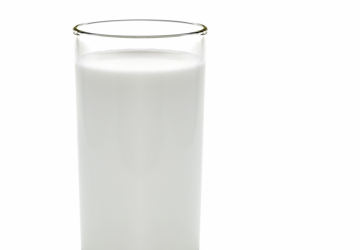 As we noted yesterday, the New York City Department of Health and Mental Hygiene is hearing public comments today on Mayor Bloomberg’s proposed soda ban. And in what can best be described as convenient timing, the New England Journal of Medicine has published a letter claiming that the ban would reduce the calorie intake of the average person affected by the ban by 74 calories per restaurant visit.
As we noted yesterday, the New York City Department of Health and Mental Hygiene is hearing public comments today on Mayor Bloomberg’s proposed soda ban. And in what can best be described as convenient timing, the New England Journal of Medicine has published a letter claiming that the ban would reduce the calorie intake of the average person affected by the ban by 74 calories per restaurant visit.
Of course, that number was generated by assuming customers would not replace any of the calories lost to the ban with other calories, which research shows to be a laughable assumption. Given the number of loopholes in Bloomberg’s proposal — starting with lattes and stretching to the unaffected bottles of soda in the corner shop next door — it is ridiculous to believe that consumers will not find ways to continue consuming calories in spite of the ban. People found ways around alcohol prohibition, after all, and that required breaking the law.
No wonder then that Cornell University researchers believe that this experiment in dietary social engineering will fail catastrophically, just like the so-called “Noble Experiment” did in the 1920s. Of course, just as the prohibitionist’s solution to resistance was more prohibition, the food regulator’s solution to failure is more intrusive food regulation.
But you might resist that more intrusive regulation. A Gallup poll found that while daily soda drinkers are less than a majority, two-thirds of Americans confessed to enjoying a daily coffee — and they certainly don’t all take it black. The carrot juice house remains but a twinkle in Center for Science in the Public Interest co-founder Michael Jacobson’s eye.
Jacobson surely hopes that “the blockbuster question” of whether sugar is addictive will drive Americans into the arms of regulators and through the doors of his mythical carrot juice houses. But there’s in fact little question, as three Cambridge researchers found. They wrote, “The vast majority of overweight individuals have not shown a convincing behavioral or neurobiological profile that resembles addiction.”
When news of the proposal to ban soda first broke, we wondered what foods and drinks would be next. After all, in the eyes of health czar Thomas Farley, every New Yorker is his “patient.” If prescribing a low-soda diet fails to cure the “patients” — even if many don’t need to be cured of anything — will he prescribe a low-cheese diet next? We would ask who died and gave him that right.




